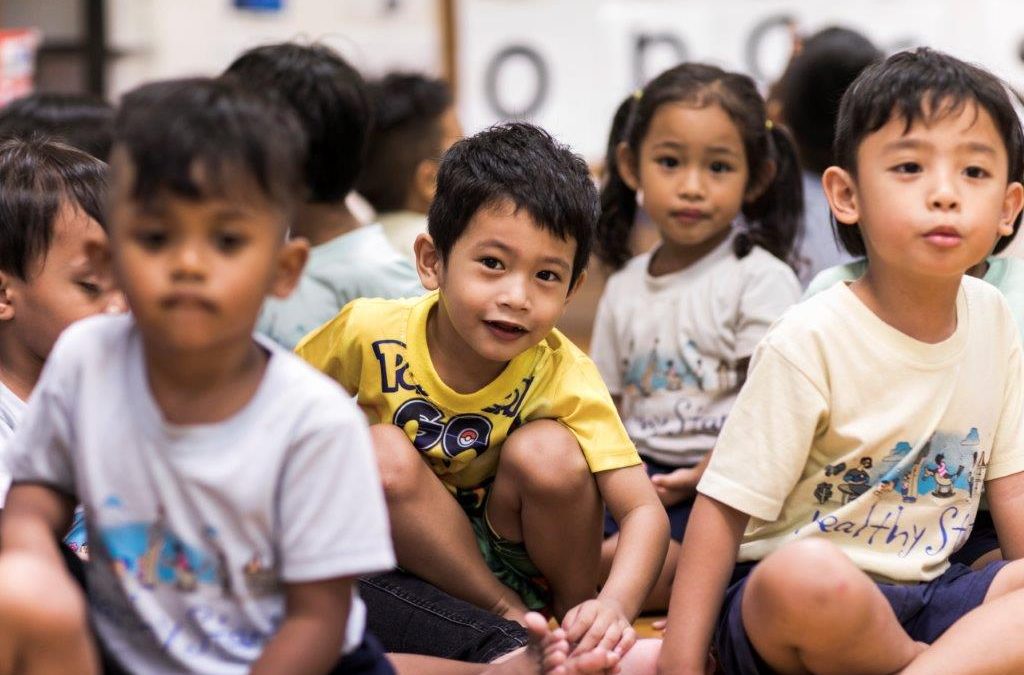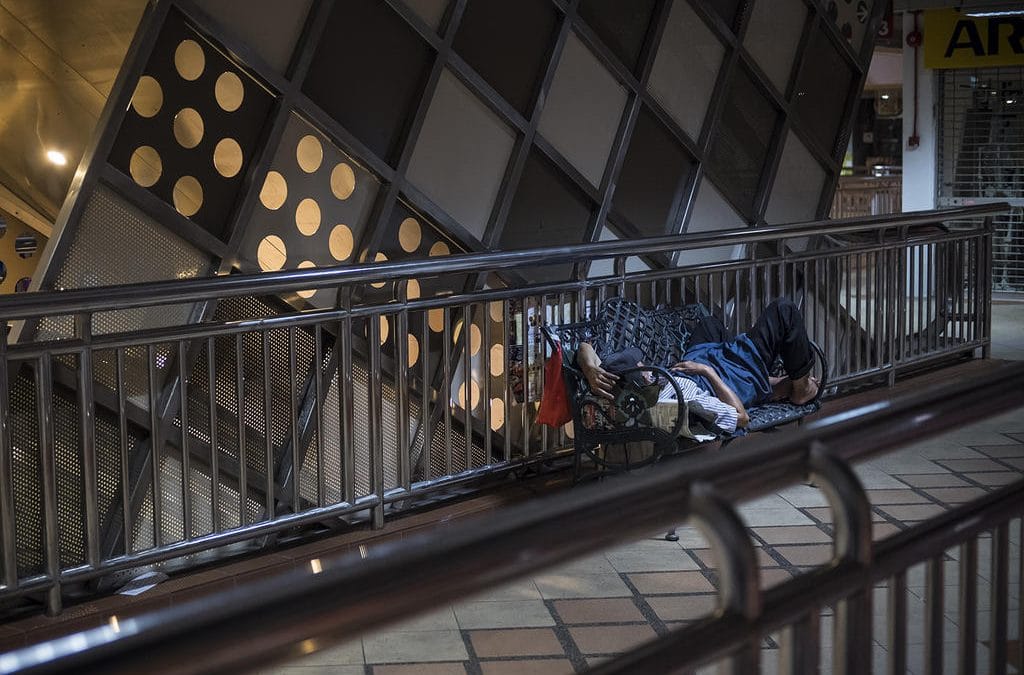
Let us continue to sayang our community
We have been overwhelmed by the generous show of support for our community-driven Sayang Sayang Fund; from private individual and corporate donors who donated to the fund directly or set up their own fund-raising pages, we have far surpassed our initial target.We have given out transportation vouchers to hospitals and polyclinics and are now looking to support vulnerable communities especially impacted by COVID-19’s precautionary measures.








